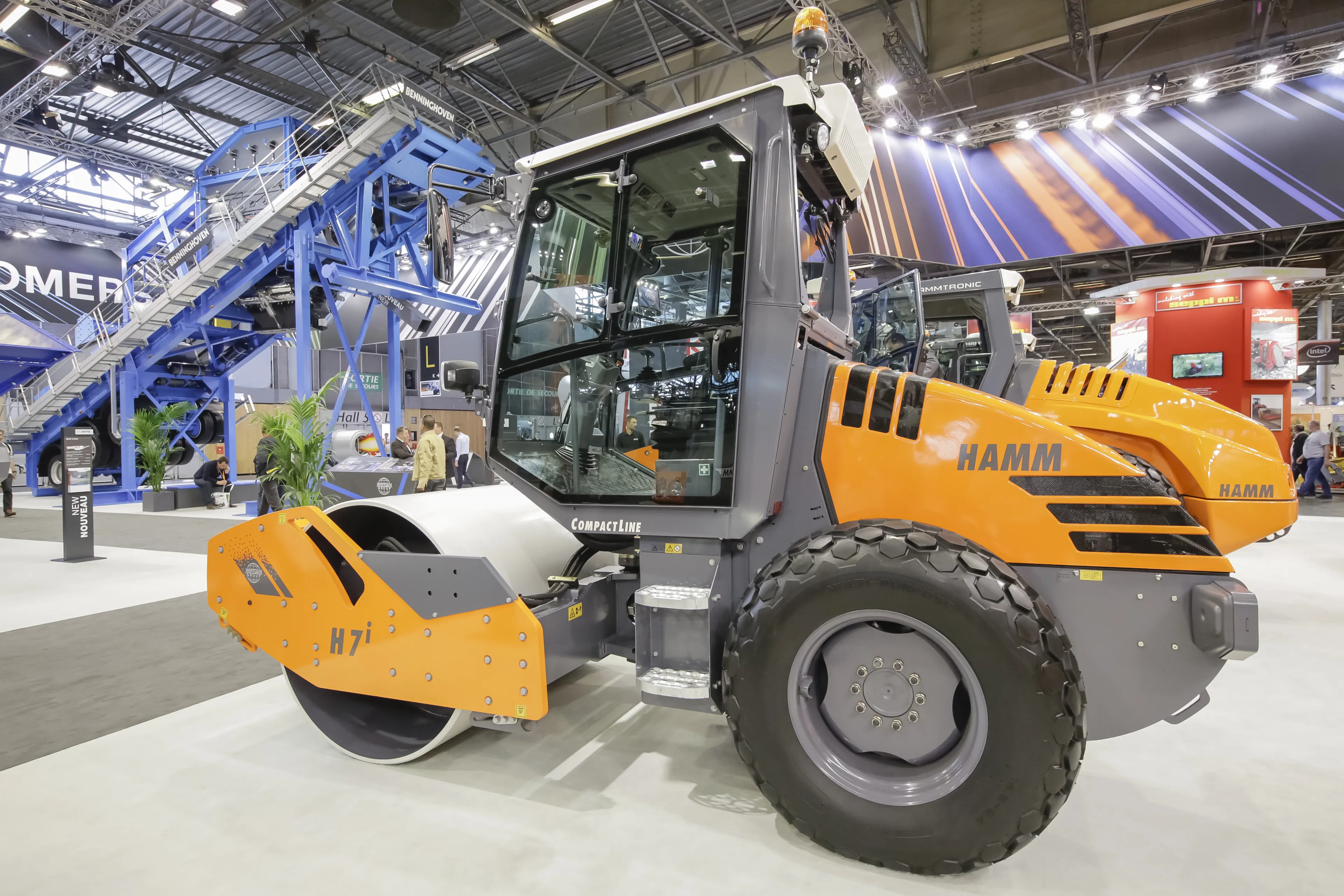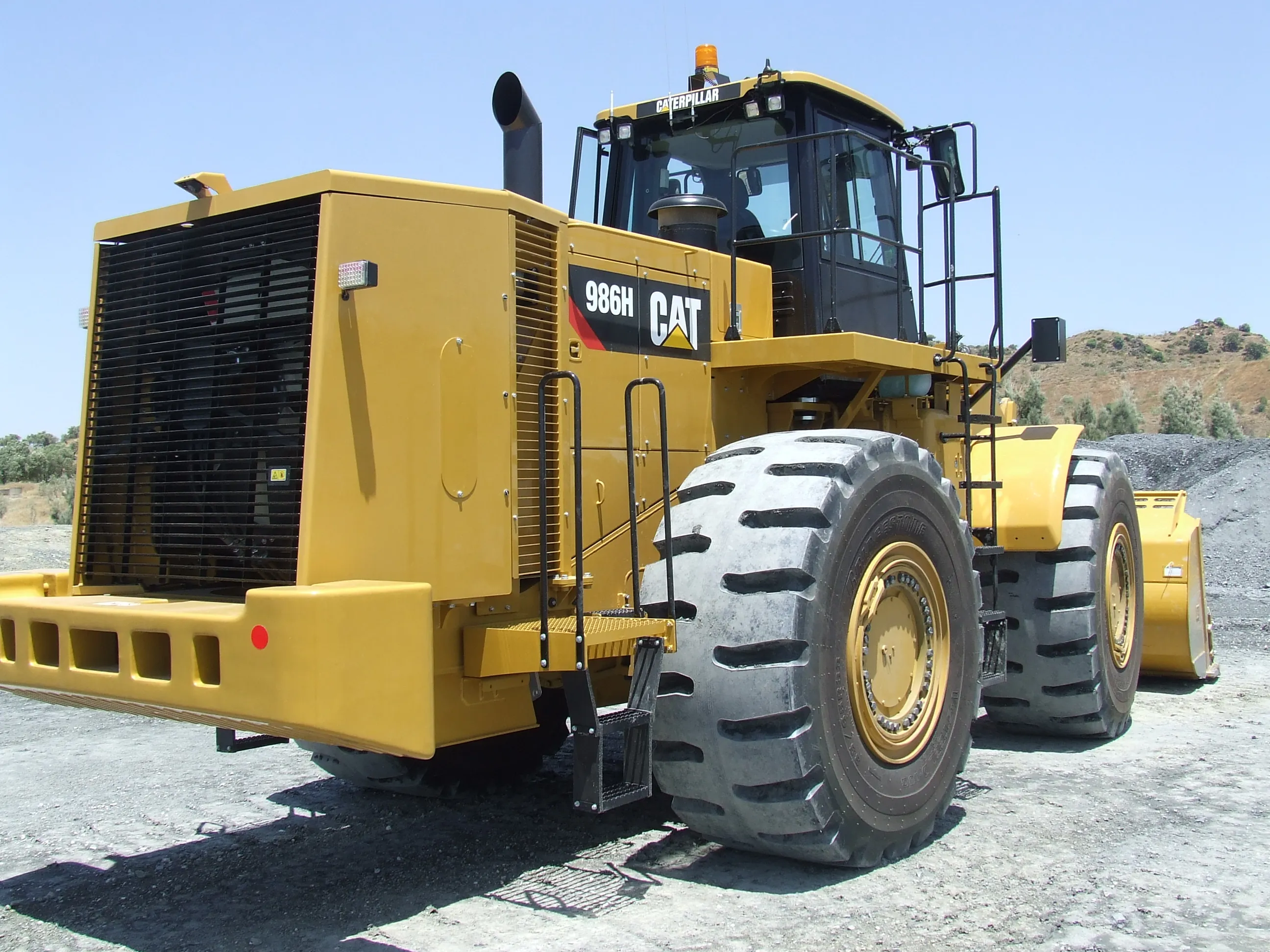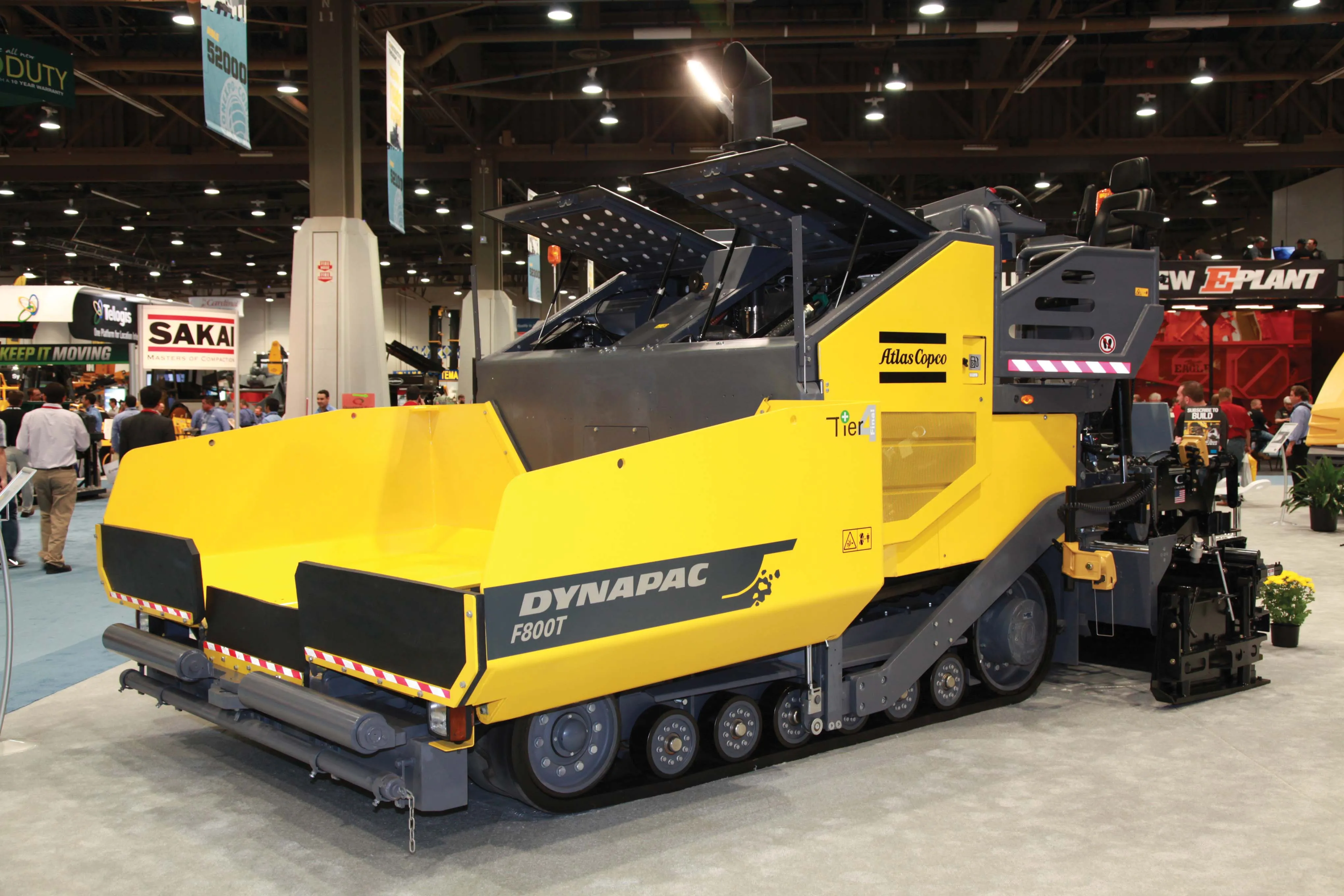
Some European equipment manufacturers are taking advantage of low currency values to boost sales at the moment.
Both for Hamm and its rival
And he added: “That is the reason why this INTERMAT is interesting.”
The British pound is similarly strong against the European currency. Beer said, “When they buy now, they get more machines than ever.”
In terms of sales, Hamm has had orders in the hundreds for its H7 soil compactor, even before the machine has gone into production. Although announced late last year, the H7 is only just going into production at the factory in Tirschenreuth. However, every one of those machines trundling off the production line in the next few months will have had a customer name assigned to it well in advance - and with a significant chunk of those sales going into the US rental segment.









